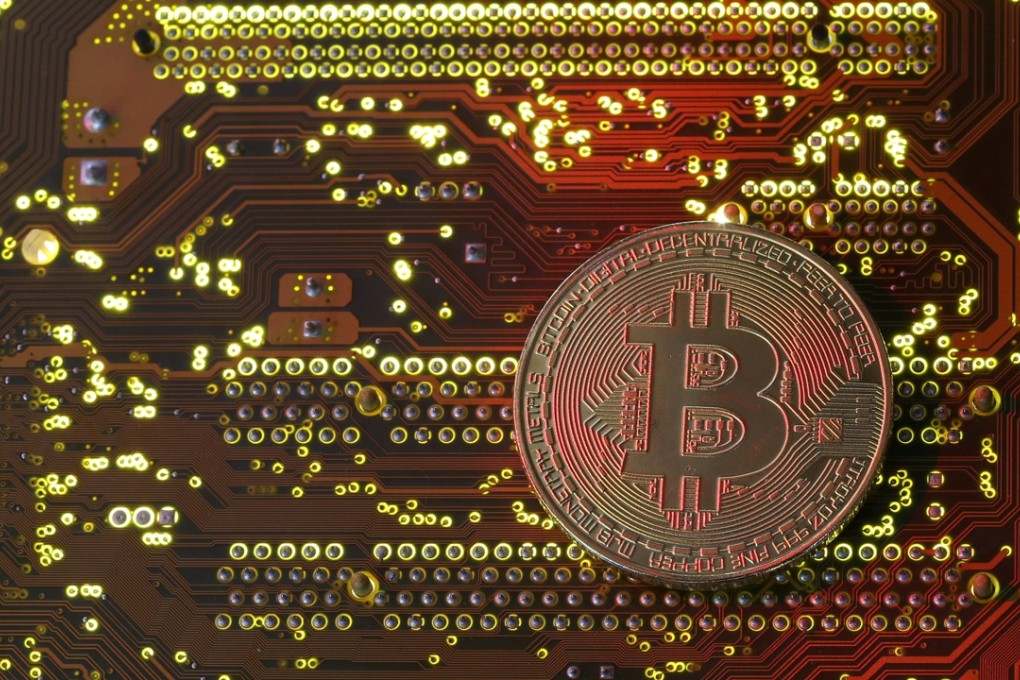Macroscope | Why bitcoin could trigger the next global financial crash
Cryptocurrencies like bitcoin are speculative derivatives with nothing to back them up, and that poses a danger to financial system

“ … we do not expect significant spillovers from the subprime market to the rest of the economy or to the financial system.”
Ben Bernanke, Federal Reserve Chairman, May 2007
When I was a boy, a share was a share. It was a tiny portion of a company based around a piece of paper that said that you owned a tiny part of the company in its entirety and in perpetuity. It is in fact a derivative contract first removed.
Some countries allow company owners to sell shares without the voting rights, devaluing the shares in the eyes of investors. Nevertheless, when the red mist comes down, investors soon forget about the vote and go merely for a share in the profits (and losses) of the company. The authorities in Hong Kong are close to allowing company owners to keep the votes and large amounts of listing cash to encourage them to list here. Greed on all sides is the key emotion of a bull market at this stage of the economic cycle.
Declining standards and increasing risk are natural bedfellows of greed. Investors go crazy, doubling up for fear of missing out. They invest borrowed money. Scorpion products are developed which are nasty, poorly understood instruments with a sting in their tail that have the potential for sudden monumental losses. In the mid 1990s, the billionaires of Indonesia borrowed US dollars at 5 per cent and lent it in rupiah at 22 per cent. After the crash of the latter against the former, they found that they had made a small fortune – out of a large one.
Synthetic financial products built from derivatives, like accumulators, were typical of the last bust in Hong Kong. Useful for some professionals, deadly for most – but seemed like a good idea at the time. Derivatives are contracts whose value depends on the leveraged movement of an underlying share, or other asset. A share is a first-order derivative where you can get profits and dividends from the company. These second- and third-order derivatives are merely backed by contracts and the credit worthiness of those involved. Bull markets build a house of cards based on layers of debt and excessive trust.
